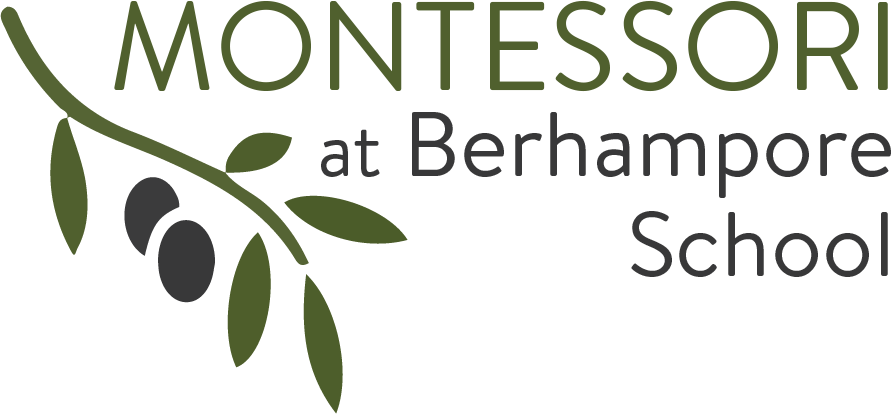
Primary curriculum
During the primary school years a child develops an understanding of the world beyond her own personal experience. She develops the functions of reason and abstraction and a blossoming of imagination.
As a facilitator of the child’s learning experience, the teacher guides the child’s engagement with the Montessori materials and supports independent research and group projects, making available and supporting any subject to which the child is drawn.
Montessori primary is based on multi-age groupings. Montessori primary classes have children from 6-12 years, with 6-9 year olds and 9-12 year olds often forming two groups. The multi-age grouping provides children with opportunities for social development. Social relations, including tolerance and respect for oneself and for others, is a strong part of the Montessori curriculum.
Friendships developed in a multi-age setting have depth, and a wide range of ages and abilities builds in each child a tolerance and appreciation for people’s differences. Relationships within the class and their complexities are supported by sensitive and respectful adults who facilitate and help the children to take responsibility for their community.
The multi-age groupings also enhance learning. Younger children are inspired by the older children’s activities and try to emulate their progress. The older children benefit, reinforcing their own knowledge by “teaching” younger children.
“We see the figure of the child who stands before us with his arms held open, beckoning humanity to follow. ”


